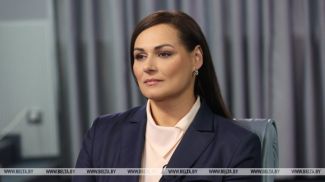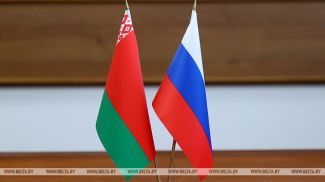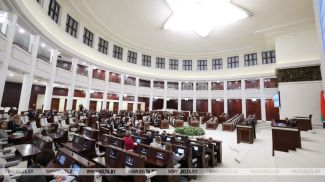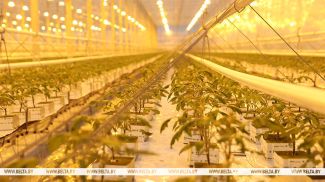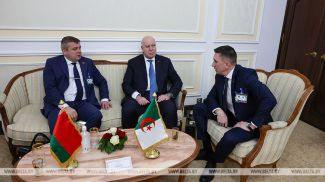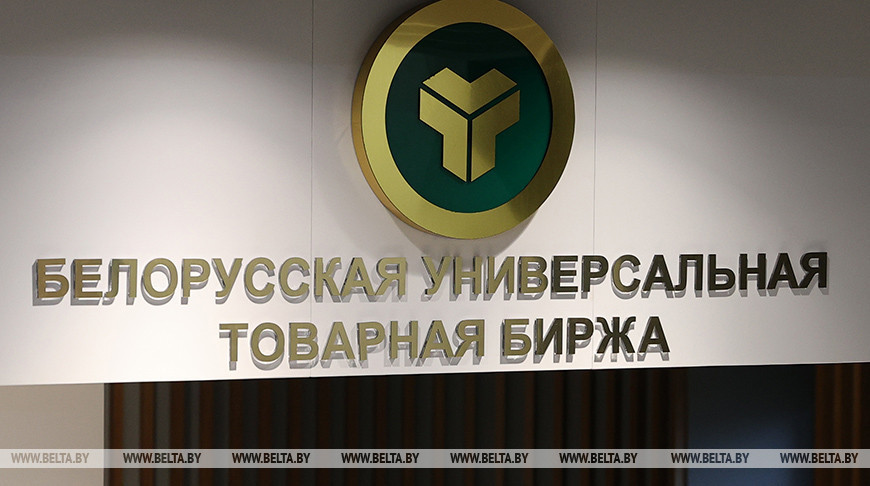
MINSK, 11 February (BelTA) – The first company from Indonesia has been accredited with the Belarusian Universal Commodity Exchange (BUCE). The new participant of exchange trading hopes to use the opportunities of the Belarusian exchange platform to buy timber and dairy products, BelTA learned from the press service of the BUCE.
Thus, the BUCE has expanded the geography of foreign partners up to 79 countries. According to the press service, the interest of foreign businesses in the Belarusian exchange market grows every year, leading to an increase in the number of non-residents. Last year became one of the most successful in this respect.
“In 2024, the BUCE focused on expanding its presence in foreign markets, attracting residents of eight new countries that previously did not participate in trading. These were manufacturing and trading companies from Venezuela, Vietnam, Iraq, Kenya, Malaysia, Mexico, Oman and Saudi Arabia. The total number of accredited foreign economic entities increased by almost 1,100 companies reaching 7,945 in 2024. These figures continue to grow this year. In January 2025, a total of 75 new foreign participants joined the trading. Among them there were both sellers and buyers. As for participants from distant countries such as Indonesia, Vietnam or Malaysia, they were mostly importers who chose the exchange as the most convenient option for them to work in the Belarusian market,” the BUCE press service said.
As of 1 February 2025, a total of 35,513 companies, including 8,020 non-residents of Belarus, were accredited with the BUCE. In 2024, the top five countries in terms of the number of newly accredited companies were Russia, China, Uzbekistan, Azerbaijan, and Türkiye, and in 2025 - Russia, Azerbaijan, China, Kazakhstan, and Armenia.
The public joint-stock company (OAO) Belarusian Universal Commodity Exchange was established in 2004. The first trade sessions took place in June 2005. BUCE is one of the largest commodity exchanges in Eastern Europe. Its key function is to assist Belarusian companies with exporting their products and assist foreign companies with entering the Belarusian market. The commodity exchange facilitates trade in metals, timber, agricultural products, and a broad choice of industrial and consumer goods.




